Science & Society
Sign up for our newsletter
We summarize the week's scientific breakthroughs every Thursday.
-
 Psychology
PsychologyAs gambling addiction spreads, one scientist’s work reveals timely insights
Psychiatrist Robert Custer spent his life convincing doctors that compulsive gambling was not an impulse control problem. Today, his research is foundational for diagnosis and treatment.
-
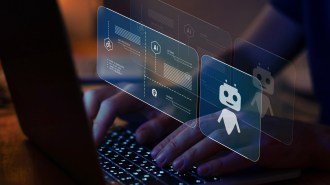 Psychology
PsychologyChatbots spewing facts, and falsehoods, can sway voters
Chatbots that dole out fact-laden arguments can sway voters. Those facts don’t have to be true.
By Sujata Gupta -
 Science & Society
Science & SocietyGratitude can increase joy, even if it feels a little cringe
Like exercise, gratitude takes many forms. Finding the right practice, research shows, is up to the individual.
By Sujata Gupta -
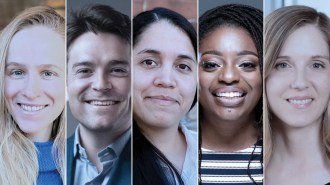 Science & Society
Science & SocietyMeet 5 scientists reshaping the way we understand the world
These five early- and mid-career researchers are shaking up what we know about the Arctic, black holes and beyond.
-
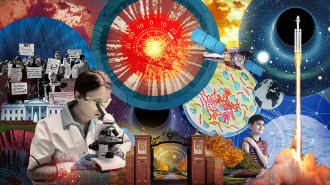 Science & Society
Science & SocietyScience has made America great. Is that era over?
Expectations of continued success for American science were shaken this year when the Trump administration cut billions of dollars in funding and fired thousands of scientists.
-
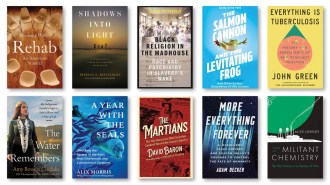 Science & Society
Science & SocietyScience News’ Top Reads of 2025
Books about AI, Mars and infectious disease were among our top reads this year.
-
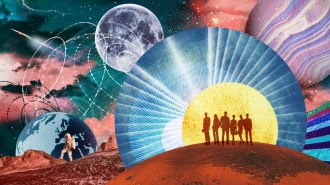 Space
SpaceAmerica risks losing its role as a space science pioneer
Funding uncertainties are pushing U.S. space scientists out of the field and putting existing and future space missions on the chopping block.
By McKenzie Prillaman and Emily Conover -
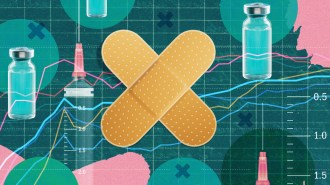 Health & Medicine
Health & MedicineEroding access to childhood vaccines jeopardizes health for all
Recent U.S. decisions about vaccines signal bigger changes to come that could threaten the foundation of the national childhood immunization schedule.
-
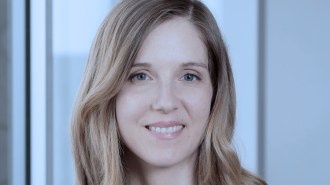 Oceans
OceansCombining western science with Indigenous knowledge could help the Arctic
Polar marine ecologist Marianne Falardeau investigates how Arctic ecosystems are shifting under climate change.
By Nikk Ogasa -
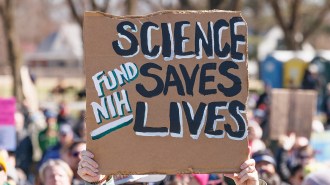 Science & Society
Science & SocietySee the alarming extent of NIH and NSF funding cuts in 2025
In 2025, the Trump administration froze or ended about 5,300 NIH and NSF research grants totaling over $5 billion in unspent funds, a decision that reshaped many fields of science.
- Artificial Intelligence
Chatbots may make learning feel easy — but it’s superficial
People who use search engines develop deeper knowledge and are more invested in what they learn than those relying on AI chatbots, a study reports.
By Payal Dhar -
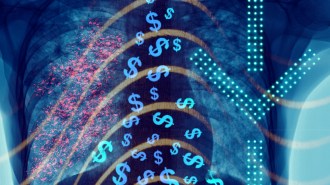 Science & Society
Science & SocietyFunding chaos may unravel decades of biomedical research
Battles between the Trump administration and academic institutions are putting important biomedical advances in limbo.